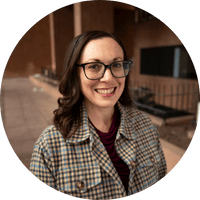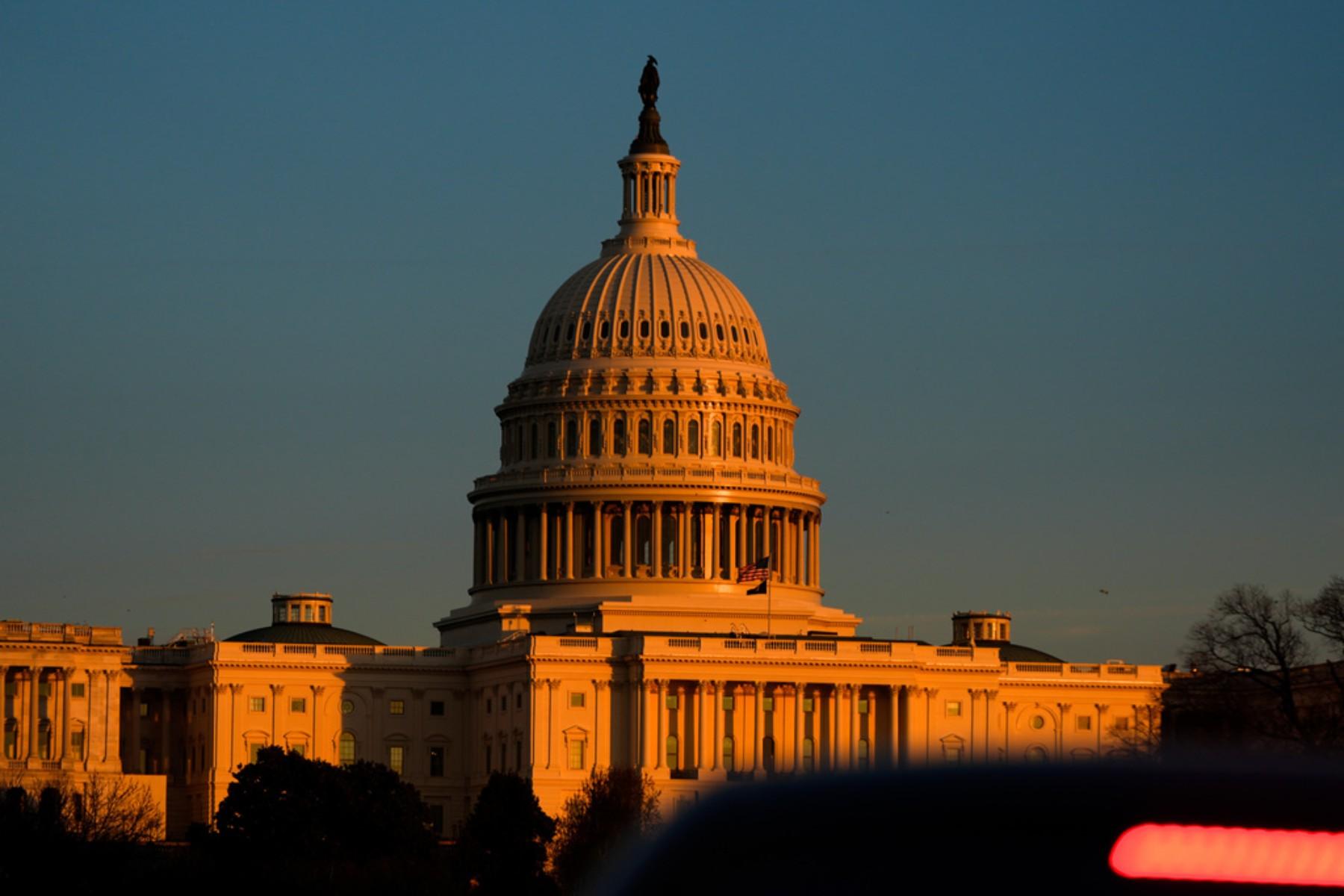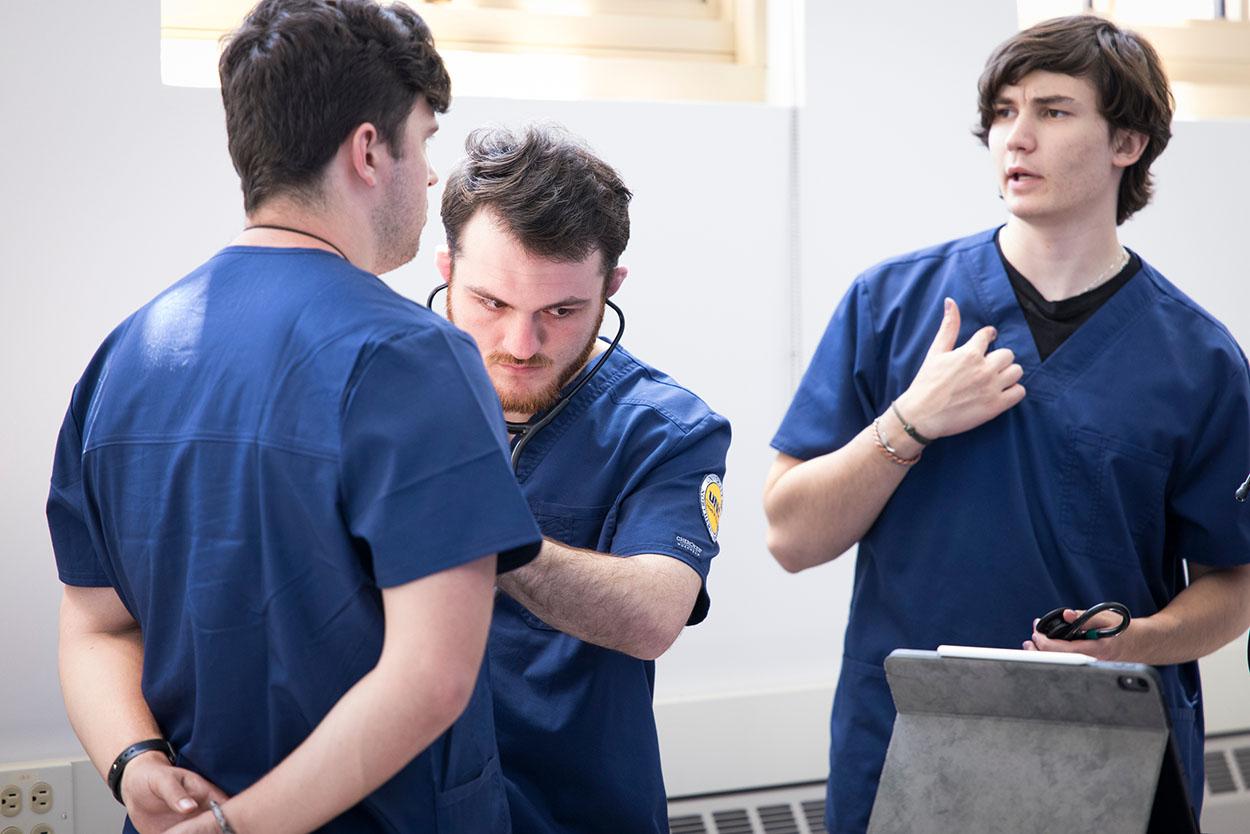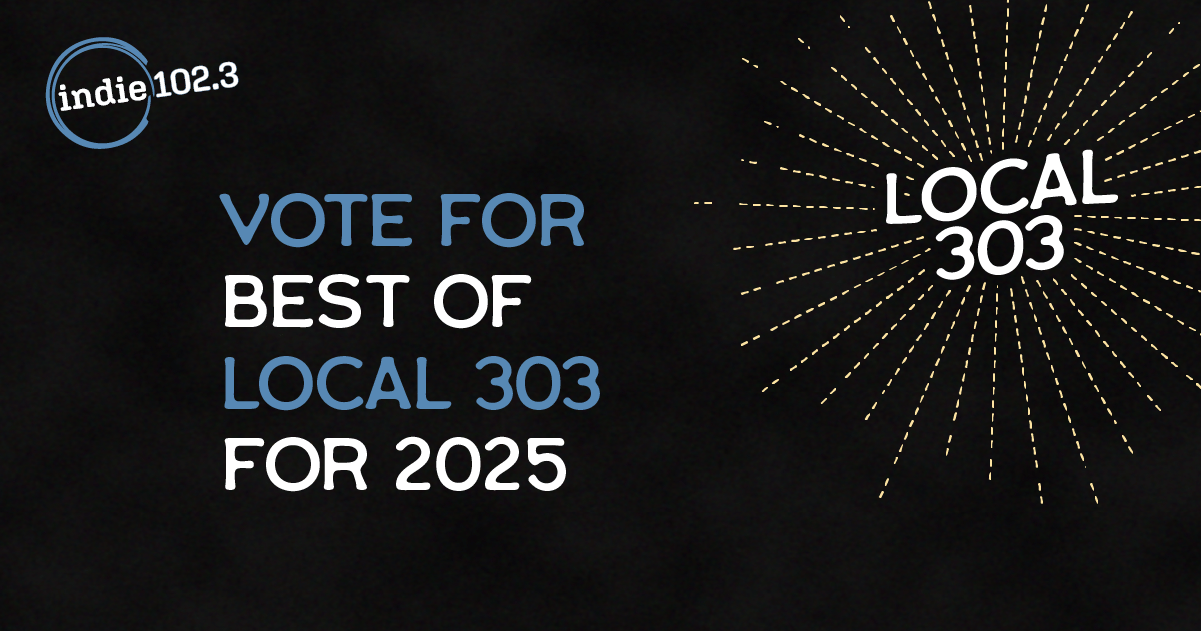
World famous conservationist Jane Goodall first traveled to the Tanzanian jungle to observe chimpanzees more than 50 years ago. She had no scientific training and brought only a notebook and a pair of binoculars. But her work there redefined how the world viewed primates and, as a result, humans.
Since then, Goodall has evolved into a passionate humanitarian and, at 81, she focuses on the well being of people as much as she does on wildlife and land conservation. It's in that spirit that CU Boulder invited her to be the featured speaker at the annual George Gamow Memorial Lecture.
She gives her talk tonight at the Coors Event Center. Earlier in the day, Goodall attended an event for her youth-driven program, Roots & Shoots, at Horizons K-8 school in Boulder. On Friday, she'll visit inmates at the Boulder County Jail.
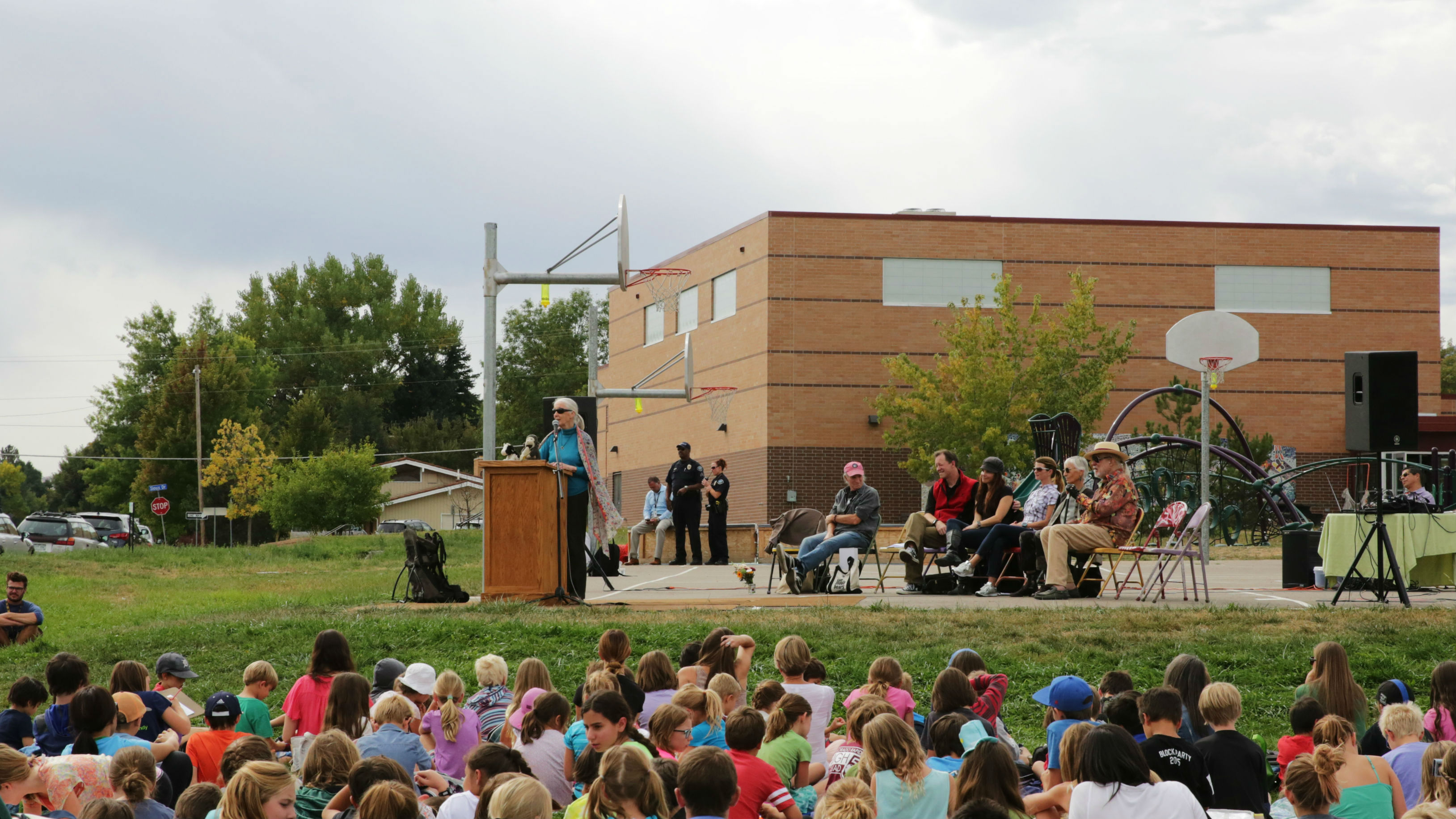
Goodall spoke with Colorado Matters. Here's a preview of the conversation:
On when she first arrived in Tanzania:
"My early days were worrying and disappointing because there was only money for six months and everytime I say a chimpanzee, it ran away. So my first encounter [with a chimpanzee] was its backside... or taking one startled look and jumping down and running off. It took around four months before I saw the first really break through observation, which was the chimp I named David Grey Beard. He was using and making tools to fish for termites. That was really exciting because it was thought [up until then] that only humans made and used tools."
On what being surrounded by nature and wildlife means to her:
"I desparately miss being in the forest. Every chance I have, I try to spend with trees because it revives my spirit -- it gives me new energy. Everything in the forest, particularly the rain forest, all life forms are interconnected. You really begin to understand bio-diversity and why it's so important that we prevent these mass extinctions that are occurring faster and faster."
On her message to Coloradans:
"The message I share everywhere -- and it's really more than one message -- basically, every one of us can make a difference every day. And we have a choice as to what kind of difference me make. ... It may seem small. But when you get millions and billions of people, all making the right choices in their daily lives, then it gets to make a big difference."
Check back later in the month for the full interview and more highlights from the Roots & Shoots event.
